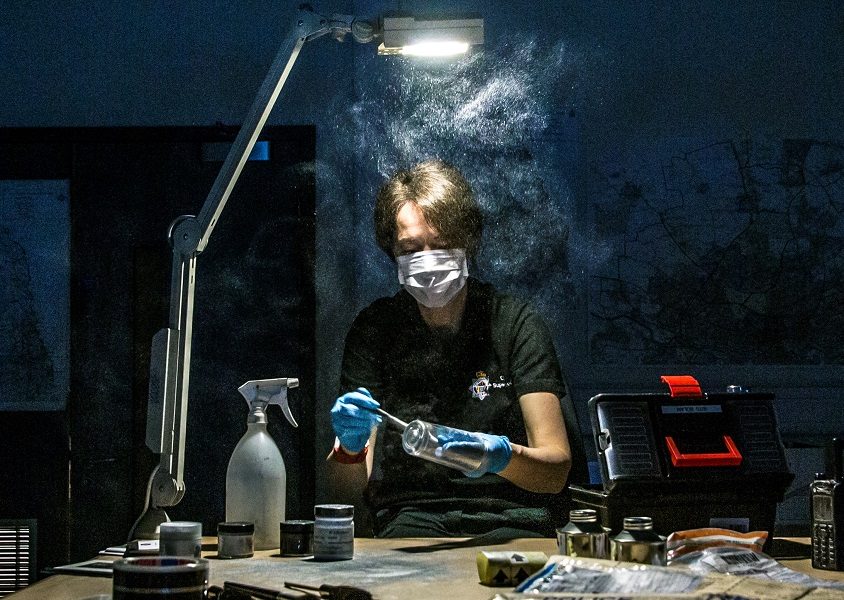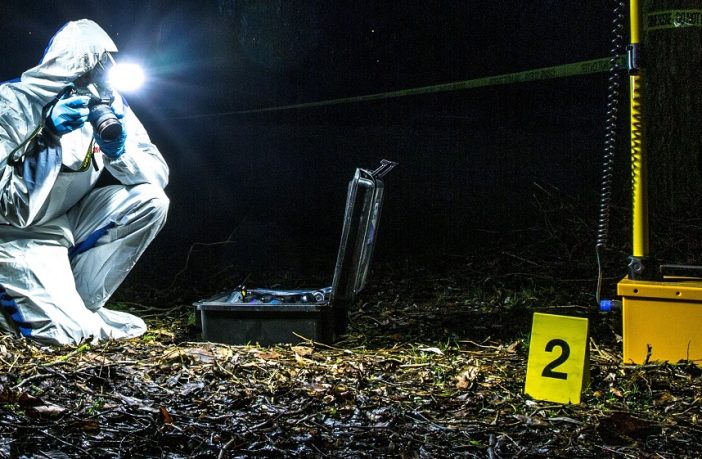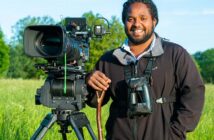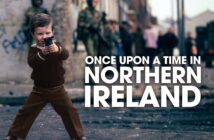Compelling forensic evidence can be the vital piece in a puzzle that helps police secure convictions.
Now, a new three-part documentary series co-produced by The Open University, shines a light on the crucial and fast-changing world of police forensics.
The series, Forensics: The Real CSI begins on Wednesday, 1 May on BBC TWO at 9pm.

Series tracks individual evidence
Following Northumbria Police’s forensics team, the series tracks the fascinating journey of individual pieces of evidence from the moment they are discovered at the crime scene, through to microscopic analysis at specialist laboratories – and reveals the pivotal role the findings have on each investigation.
With criminals becoming increasingly sophisticated, forensic science has made huge advances and the role of Crime Scene Investigators has become more vital. Cases today can make or break on tiny margins. The path of a bullet through a pane of glass; the chemical make-up of a petrol bomb at the scene of a fire; the drop of saliva left on a victim’s clothes.
Dr Jim Turner, Senior Lecturer in Forensic Psychology, was one of the academic consultants to the series and says that it shows the true picture of how CSIs operate:
“Crime scene forensics have long been a topic for popular TV shows and films, but a lot of what the public think they know about police investigations and CSIs is, in many ways, wrong. Crime dramas, though they may seem realistic, are often exaggerated and misleading. This programme gives a true picture of the work that real CSI officers do, from the procedural minutiae before they even enter a crime scene to the attention to detail and scientific analysis of evidence in the lab. It is a meticulous and crucial role and this series will help increase the public understanding of how these investigators operate.”
“I was really impressed with the focus that the CSI had on establishing the facts of what happened at a crime scene. They put their own unconscious bias aside about what may or may not have happened, and approached everything with a rational scientific approach.”
OpenLearn has extensive resources and information on topics related to this series, including a virtual crime scene where you can follow the forensic evidence to solve a crime.
Episode information
Episode one: The Harvest; Wednesday 1 May, 9pm BBC2
Crime Scene Manager Alan Sayers is gathering vital pieces of forensic evidence at a shooting that took place in a quiet housing estate in Newcastle. He says, “We call it the Harvest: if you don’t get the Harvest, you don’t get the results”. Across town a father finds his son dead in his flat, and Forensic Pathologist Nigel Cooper is called in to determine if it’s murder.
Ep2: ‘Mixed Profiles’ Wed 8th May 9pm BBC
Head of Forensics, Kirsty Potter finds a homemade balaclava at a violent stabbing; “Balaclavas are great in any offence. Something that’s removed quick-time from an offender could have hairs or saliva – and saliva will persist on fabric”. In Sunderland, a manhunt begins for two suspects in a rape case with the team attempting to identify the suspects and DNA-link them to the crime. It’s then the detectives’ role to find and catch the men responsible and seek justice for the traumatized victim.
Ep3: ‘Every Contact Leaves a Trace’ Wed May 15th 9pm
In central Newcastle, a seventeen-year-old girl has been raped by a stranger in a local park. Head of Forensics, Kirsty Potter, and Senior Investigating Officer, Shelley Hudson, must try to find the unknown suspect – with forensics, every hour counts.
Local CCTV identifies a man wearing the same distinctive jacket as the victim describes. He is arrested and brought into custody but it’s his clothing that could be the key to forensically linking the suspect to the crime: “Every contact leaves a trace – whether we find it or not, that’s the power of forensics”.
Visiting Professor Claire Turner taught on the OU’s short course on forensic science and says:
“Forensics is an interesting application of analytical science, where science, psychology and the law overlap. Studying chemistry and analytical science will give very good theoretical basis for understanding the science of what is required in forensics.”
Programme Credits:
Commissioned by Dr Caroline Ogilvie
Academic Consultants Dr Jim Turner (FASS), Prof. Claire Turner (STEM) and Dr Maria Velasco-Garcia (STEM)
Media Fellows: Dr Alison Penn (FASS) and Prof. Mark Brandon (STEM)
Broadcast Project Manager Leslie Jewell
Digital Content Producer Georgia Axtell-Powell
This series was commissioned by Broadcast and Partnerships and is supported by the Faculty of Arts and Social Sciences, with particular reference to BSc (Hons) Psychology (Q07), BSc (Hons) Forensic Psychology (Q82), MSc Forensic Psychological Studies (F73) and supported by the Faculty of Science, Technology, Engineering and Maths with particular reference to BSc (Hons) Natural Sciences (Q64)
Please note this programme is not yet available for viewers of BBC Scotland, although it can be seen nation-wide via iPlayer.
Find out more
Read about Open University research into eye witness accuracy



